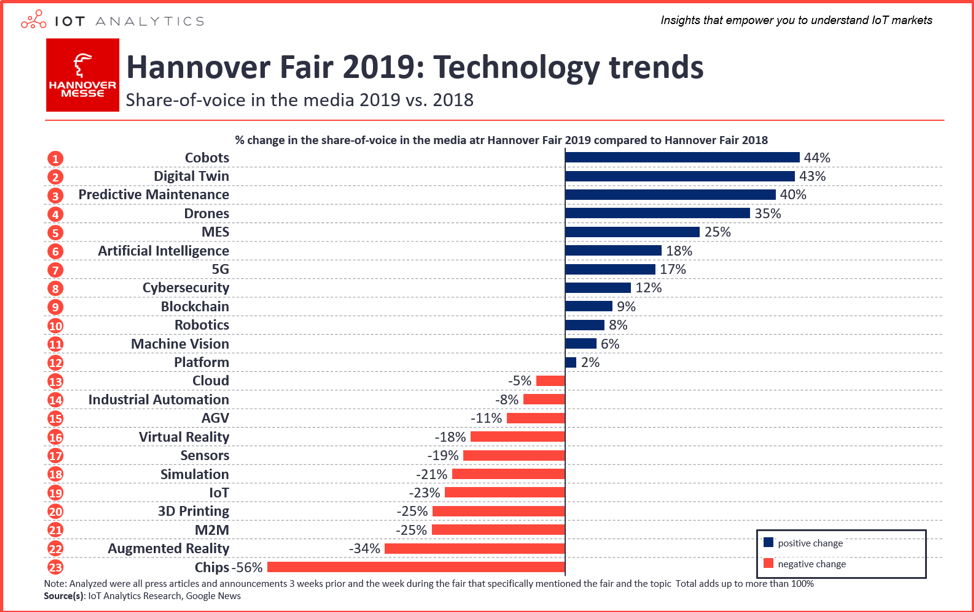How do food and beverage manufacturers contain growing expenses? By implementing IIoT solutions, which crucially employ the gathering of food and beverage analytics, manufactures can develop appropriate solutions. In doing so, factories can become smarter: Base decisions and problem solving strategies on quantifiable data rather than on educated guesstimates and forecasts based on partial data capture.
In, "Food For Thought," a paper on the food and beverage practices by Marsh, they explain how food and manufacturers can use food and beverage analytics and tools. In doing so, "food and beverage companies are assigning values to the unknown, forecasting the extent of potential financial damage, and assessing possible mitigation opportunities to manage their exposures."
This approach, Marsh writes, is helping manufacturers to "drive intelligent business decisions and change."
How to use food and beverage analytics?
Here are some examples of how to quantify value by using food and beverage analytics according to Marsh:
- Capture and analyze the potential volatility of new facilities and product lines as they relate to the bottom line
- Forecast the probability of potential losses through a database of comparable industry data
- Explore a range of potential loss out comes.
- Identify all potential risks, including those that haven’t historically led to losses
- Flagging excessive risks before an incident occurs
- Early identification of product exposure
Source + read the entire paper.














